What’s the Buzz
The Bee Healthy Blog
Vertigo vs Dizziness: What’s the Difference?

Dizziness is a common symptom for which many people see their healthcare provider. Vertigo is feeling like you’re spinning. While both dizziness and vertigo attacks do not usually indicate a life-threatening condition, they can greatly affect your quality of life when they are frequent or constant. Please keep reading to learn more about dizziness versus vertigo.
How do I know if I have vertigo or dizziness?
The term dizziness is used to describe a variety of sensations, such as feeling faint, woozy, floaty, unsteady, lightheaded, or weak. Vertigo is a feeling that you are moving or your surroundings are spinning around you. In other words, vertigo is a type of dizziness or a spinning sensation that causes you to feel dizzy and off-balance.
What are the other signs of vertigo?
Some of the other symptoms that can accompany vertigo include dizziness, feeling off-balance, nausea, vomiting, tinnitus (ringing in the ears), a feeling of the ears being plugged or full, hearing loss, headache, motion sickness, and nystagmus (rapid uncontrolled eye movements from side to side).
What are the types of vertigo?
There are two main types of vertigo - central and peripheral. Central vertigo occurs due to a problem in the central nervous system, such as a stroke, traumatic brain injury, or infection. It tends to cause more severe dizziness, instability, and trouble walking.
Peripheral vertigo episodes are more common. They occur due to inner ear disorders or issues with the vestibular nerve. There are four main types of peripheral vertigo:
- Benign paroxysmal positional vertigo (BPPV)
- Vestibular neuritis
- Labyrinthitis
- Meniere’s disease
What can trigger vertigo?
The causes of vertigo include:
Benign paroxysmal positional vertigo (BPPV)
This is the most common cause of vertigo. It consists of brief but intense vertigo symptoms triggered by a rapid change in head position, such as bending over or getting out of bed or when you experience a blow to the head.
Infections
A viral infection of the vestibular nerve is called vestibular neuritis. This nerve relays sensory information from the vestibular system in the inner ears to the brain. Inflammation of the sensory nerves can cause severe, constant vertigo symptoms, nausea, and imbalance. If the vertigo is accompanied by tinnitus or hearing loss, it can be due to labyrinthitis, an inflammation of the inner ear organs responsible for hearing and balance.
Meniere’s disease
This is a condition in which fluid collects in the inner ear, causing sudden episodes of vertigo that can last for several hours. They are accompanied by fullness in the ear, tinnitus, and fluctuating hearing loss.
Vestibular migraine
Migraine is a type of severe headache that causes a throbbing or pulsating pain, usually on one side of the head. Vestibular migraine is a common cause of vertigo. Dizziness and vertigo symptoms occur in people who get vestibular migraine even in the absence of a headache. This type of migraine can cause vertigo lasting from seconds to weeks, usually minutes to hours, accompanied by light and noise sensitivity.
What can trigger dizziness?
Besides the causes of vertigo mentioned above, other causes of dizziness include an underlying health condition such as:
- Circulatory problems, for example, a drop in blood pressure or poor circulation due to a transient ischemic attack, heart attack, or cardiac arrhythmia, can cause dizziness or light headedness.
- Dizziness can be a symptom of neurological conditions such as multiple sclerosis or Parkinson’s disease.
- Anxiety disorders such as panic attacks can be accompanied by dizziness and rapid breathing.
- Head injury can cause dizziness.
- Age-related degeneration of the inner ear structures (semicircular canals and otolith organs) in older adults can cause dizziness symptoms.
- Certain medications, such as antihypertensives for lowering blood pressure, tranquilizers, sedatives, antidepressants, and anti-seizure medications, can cause dizziness as a side effect.
- Hypoglycemia (low blood sugar) can cause symptoms such as dizziness, light headedness, anxiety, and sweating. People who take insulin for diabetes are at risk of developing low blood sugar.
- Anemia (low iron levels) can cause dizziness, pale skin, fatigue, and weakness.
- Dehydration, overheating, or being active in hot weather can make you feel dizzy and lightheaded.
- Carbon monoxide poisoning can cause dizziness, confusion, vomiting, weakness, headache, chest pain, and confusion.
When to see a doctor for dizziness or vertigo?
If you are experiencing dizziness, vertigo, or balance issues, make an appointment to see your healthcare provider. When these symptoms are frequent or persistent, they can affect your quality of life.
It is especially important to see a healthcare provider if you have experienced dizziness or vertigo symptoms that are sudden, severe, recurrent, prolonged, or unexplained. Get emergency medical help if you experience severe dizziness or vertigo with chest pain, sudden severe headache, double vision, or slurred speech.
Most of the time, dizziness and vertigo are due to easily treatable medical conditions that affect the balance system in the inner ear. However, if left untreated, they can lead to possible complications, such as falls and other injuries, and significantly affect your overall health.
Your healthcare provider will obtain a detailed history, perform an examination, and order tests to find out the root cause of your symptoms. The treatment for dizziness and vertigo depends on the underlying medical condition causing the symptoms. For instance, if certain medicines are causing your symptoms, your doctor may change your doses or switch you to other drugs.
In the meantime, exercise caution while driving or operating heavy machinery to lower your risk of injuries.
References:
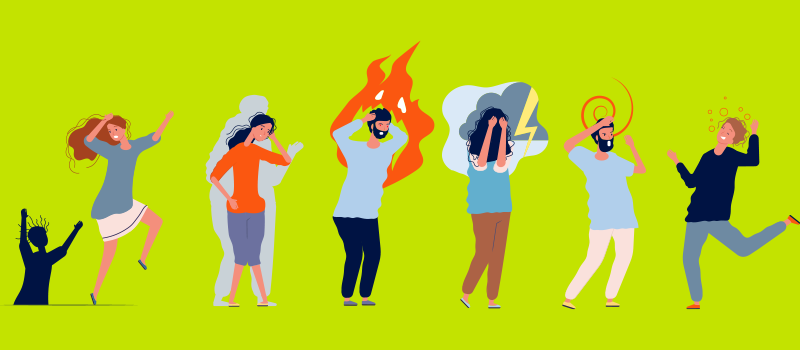
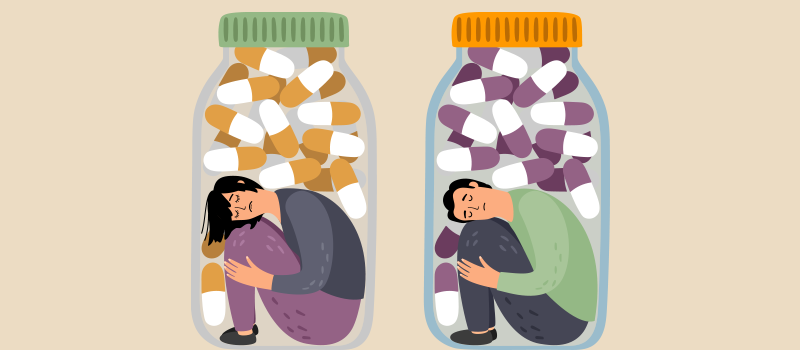
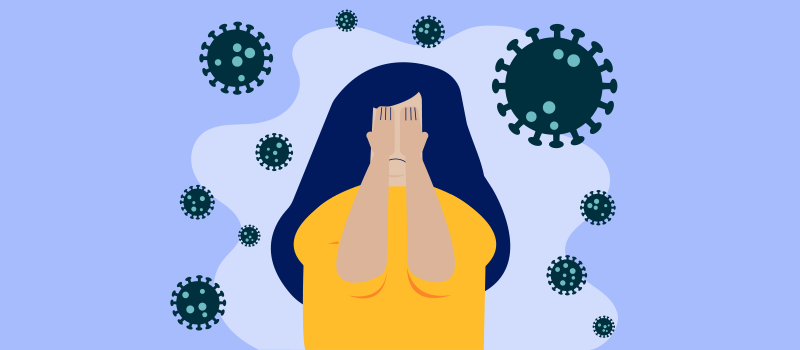
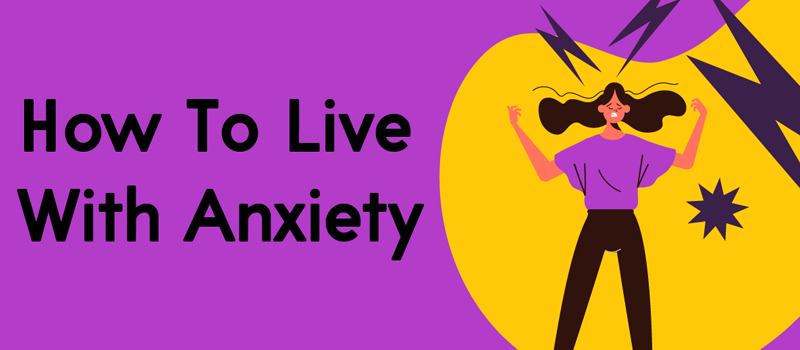

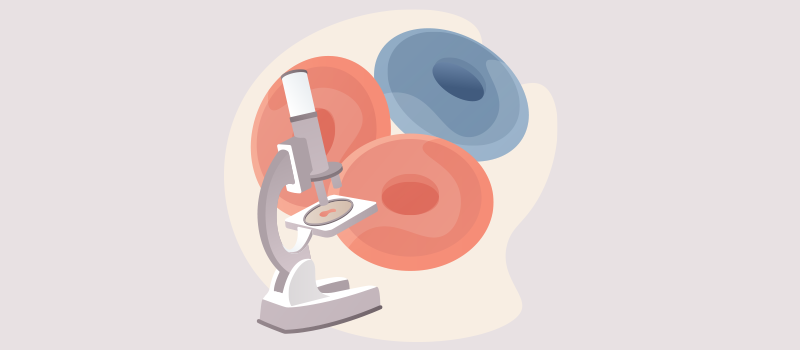
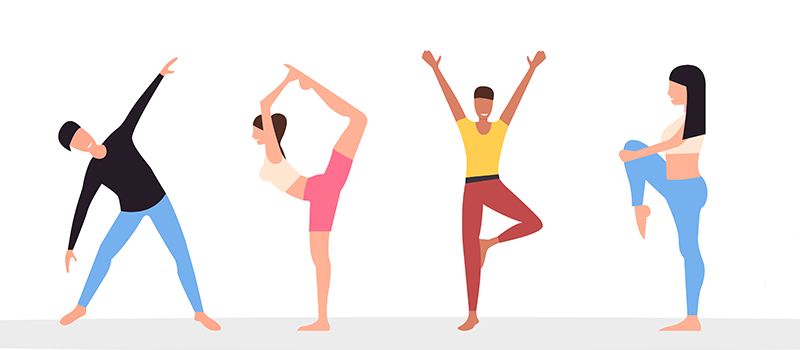


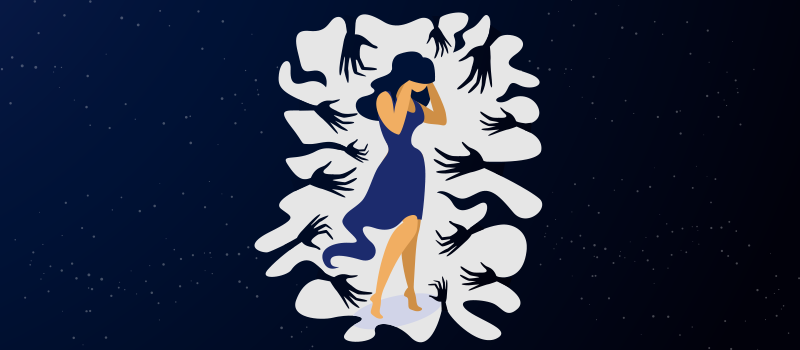
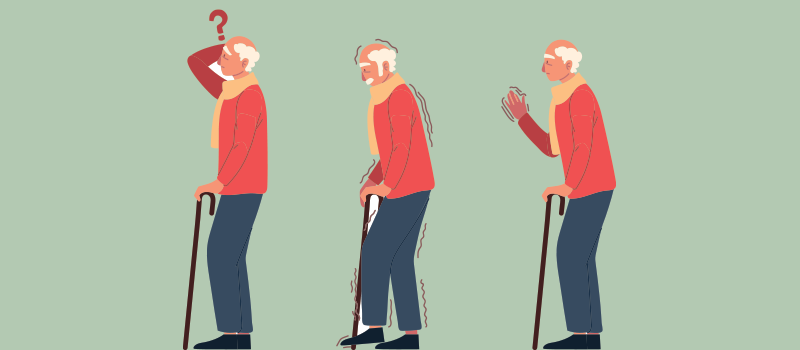

SOCIAL